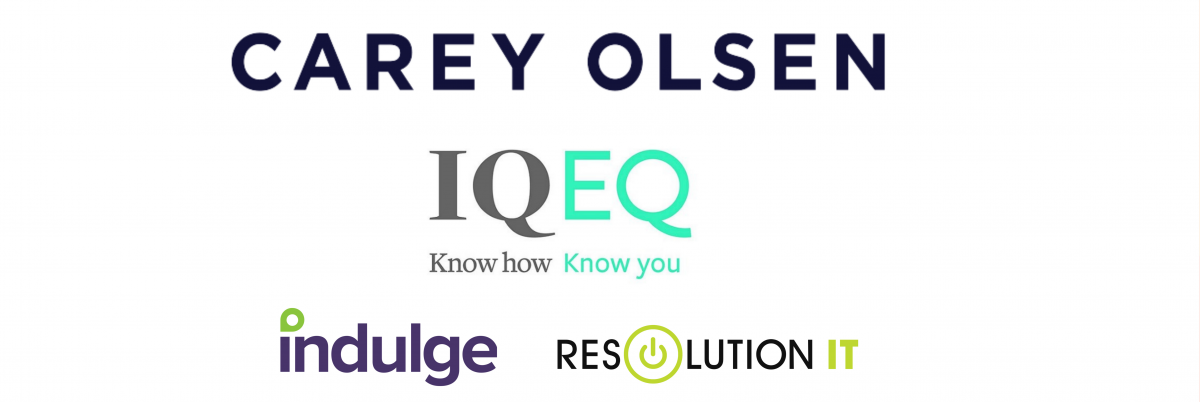
2023 has already proven to be a watershed year for artificial intelligence (AI), and the IoD’s Mid-Term event could not have been more timely with the recent ChatGPT V4 and Midjourney V5 launches.
The event explored what AI means for businesses and directors, and welcomed Dr Alex Connock, Director of the Oxford Postgraduate Diploma in Artificial Intelligence for Business at Said Business School and author of the 2022 Routledge textbook Media Management and Artificial Intelligence, as the keynote speaker.
In his entertaining speech, Alex highlighted how AI, with simple text prompts, can produce different styles of writing or create images reflecting any artist genre or period. In fact, he highlighted how mastering the ‘prompt’ will be an important new skill to optimise the value and potential of generative AI.
He also examined how ‘metahumans’ are already being preferred to ‘real-life' employees in marketing agencies, taking on the role of content creation, and how AI technology has invaded social media with 15 million metahuman photos already being used on LinkedIn.
AI is changing the pecking order of media players, with early adopters and developers of AI technology leading the pack. Alex told the audience that every content provider will need to have a metaverse strategy.
Alex also analysed how AI has traditionally been positioned as a threat to life as we know it, saying: ‘If you see a story on AI, there’s a 64% chance that it will include a photo of the Terminator.’ He warned the audience that this narrative was unhelpful and missed both the opportunities and risks the technology presents.
He spoke about the implications of deep fakes, and how unscrupulous operators can reappropriate images or other materials for financial gain or to deliberately mislead consumers. Alex also highlighted the complications of AI copyright, asking whether the rights belong to the creator of the prompt, the AI programmers and owners, the data subjects or the creators of the original source material. There are a number of cases currently being litigated and ‘no one has the answers’ to this question.
A clear message communicated during the session was that AI will impact or, in many cases, transform every sector, in every industry, at every job level - and that directors cannot ignore the technology.
Alex stressed that although, AI is fun, it is also hugely complicated ethically and presents as much risk as it does opportunity. He stressed that AI has no 'moral mast' and that it is up to humans to ensure there is a moral and ethical overlay on this technology.
Other key questions raised in Alex’s speech included:
- Could AI unlock the UK's productivity puzzle?
- How far away are we from seeing Artificial General Intelligence - and is it as much of a threat to humanity as blockbuster films suggest?
- Which industries will be most affected by AI and where will we see job roles changing first?
Overall, his speech gave the audience a window in the world of AI, how it has developed over recent years and how it could be applied into different industries. You can listen to his full presentation here.
The event also welcomed a panel of local experts: Pat Cunningham, Director & Founder of Indulge, Meriel Lenfestey, a Non-Executive Director, and Emma Martins, Data Protection Commissioner at the Data Protection Authority. Here were the key takeaways from the panel’s Q&A:
- Meriel highlighted throughout that AI must not be put in the ‘IT pile’. AI will affect all areas of a business and directors, and boards, need to be aware of its potential opportunities and risks. She highlighted that it is a strategic matter for the board, not something that directors can leave to their IT department.
- ‘AI will be at everyone’s fingers,’ said Patrick, ‘so learn how to use it but know its weaknesses.’ He continued to highlight how ChatGPT can sound incredibly confident and concise, but we know it may be wrong and we need to train professionals to not take its answers at face value.
- Emma echoed Patrick’s point. ‘We cannot assume that an AI answer is definitive.’ We must be wary of bias and discrimination and human judgement is essential.
- Text to image is an incredibly creative and useful tool but Emma warned of the power of these images. She highlighted the dangerous situations that could be caused by deep fakes, especially in jurisdictions with existing polarised views.
- When asked whether AI will replace creativity, Patrick agreed that it is a point of argument. But in his experience of using AI, he thinks it’s only enhancing creativity; ‘It’s a tool, it’s to feed into - and augment - the creative process,’ he said.
- Meriel was asked if AI will ever replace directors. She highlighted how being a director involves many human factors that AI can’t replicate yet; however, she cited examples of AI replacing an individual director or being added as a separate member of a board, although she expects AI will be used as a tool to add diversity and play a ‘devil’s advocate’ role.
Throughout the event, it was agreed that whilst AI has gone mainstream, the technology’s use for specific tasks and purposes is still in its infancy, and local upskilling, training and development initiatives will be key to ensure that Guernsey businesses get the most out of the technology and remain competitive in the decades to come. Event attendees also provided their opinion through digital polls.

To help upskill the Bailiwick's workforce in this key area, the Digital Greenhouse has just launched two new AI courses, which are available free of charge: GenAI Leader Accelerator and Applied Generative AI Business Bootcamp. More information can be found here: www.digitalgreenhouse.gg/ai
Thanks to our sponsors for their support of the event.

